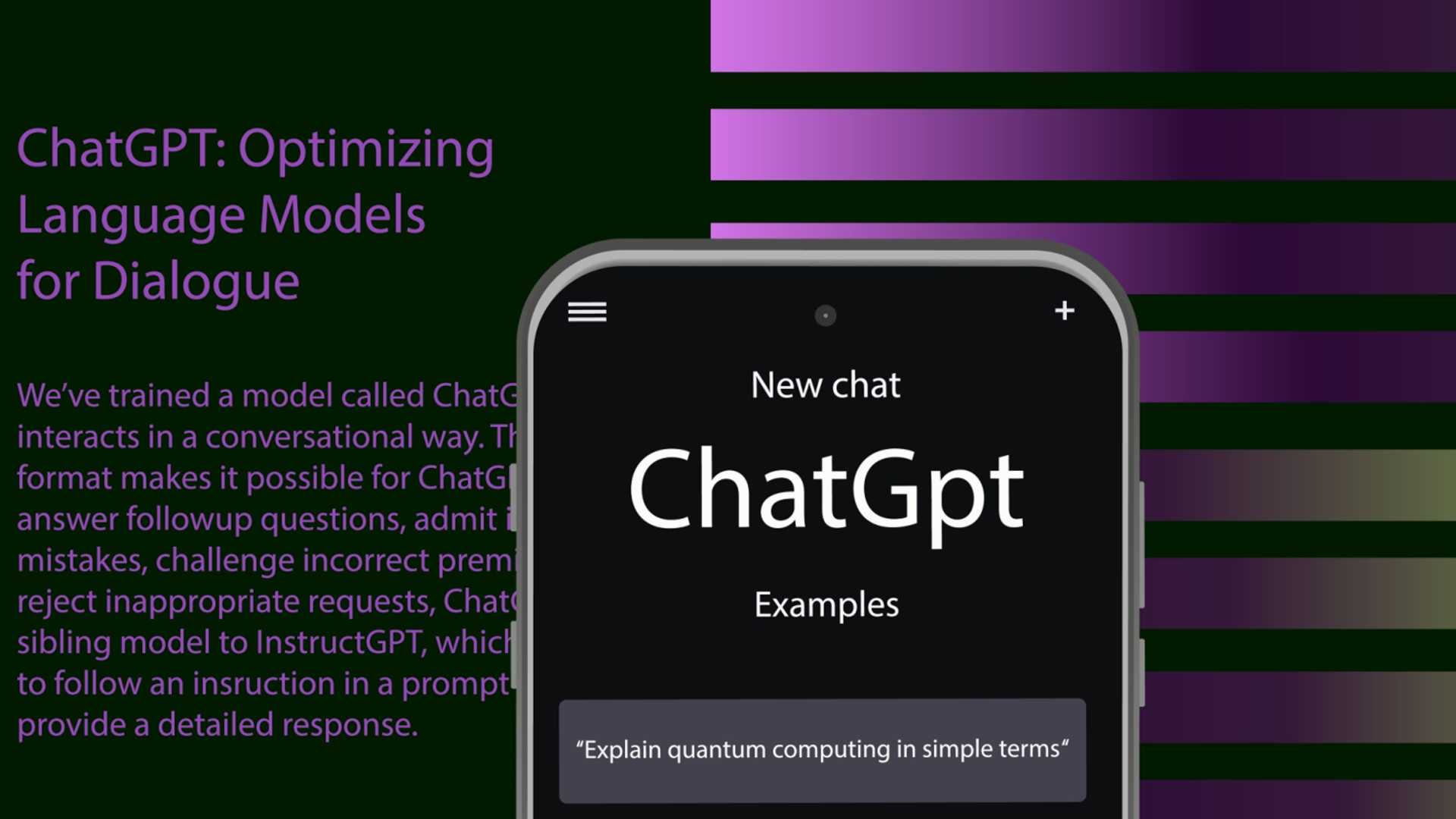OpenAI's ChatGPT Now Allows Disabling of Chat History and Offers Data Export Options
OpenAI's research organization has announced new features for ChatGPT, their popular language model, aimed at providing users with greater control over their data and privacy when using the platform. One of the major updates is the ability to turn off chat history in ChatGPT. This feature enables users to converse with the AI model without storing or utilizing interactions for training and improving future model versions. This way, conversations can be kept completely private.
Before this update, conversations with ChatGPT were stored and used to train the model. But with the new update, users now have the option to disable chat history in ChatGPT's settings, preventing the retention and utilization of conversations for model training. Conversations that are started with chat history disabled won't be used to improve future models, and won't appear in the history sidebar.
OpenAI's chat history disabling feature can be likened to browsing in Incognito mode in Google Chrome, where the user's browsing history is not stored or tracked. Additionally, OpenAI is working on a new ChatGPT Business subscription that targets professionals and enterprises seeking more control over their data. This subscription will follow OpenAI's API data usage policies, which means that by default, end users' data won't be used to train the AI models.
The ChatGPT Business subscription is expected to be available in the coming months. However, OpenAI hopes that the chat history disabling feature will provide users with an easier way to manage their data than the existing opt-out process. While chat history can be disabled, OpenAI noted that new conversations will remain for 30 days, but only for monitoring for abuse. After 30 days, these conversations will be permanently deleted.
To further empower users in understanding and managing their data, OpenAI is introducing an export option in the ChatGPT settings. This feature allows users to export their ChatGPT data and receive a file with their conversations and other relevant data via email.
The enhanced privacy controls for ChatGPT users aim to address data privacy concerns that continue to rise among users of AI and machine learning platforms. These controls provide users with more transparency about how their data is used and more control over their data privacy. The feature to disable chat history and the export option will likely be well-received by users who are conscious of their online privacy.




















